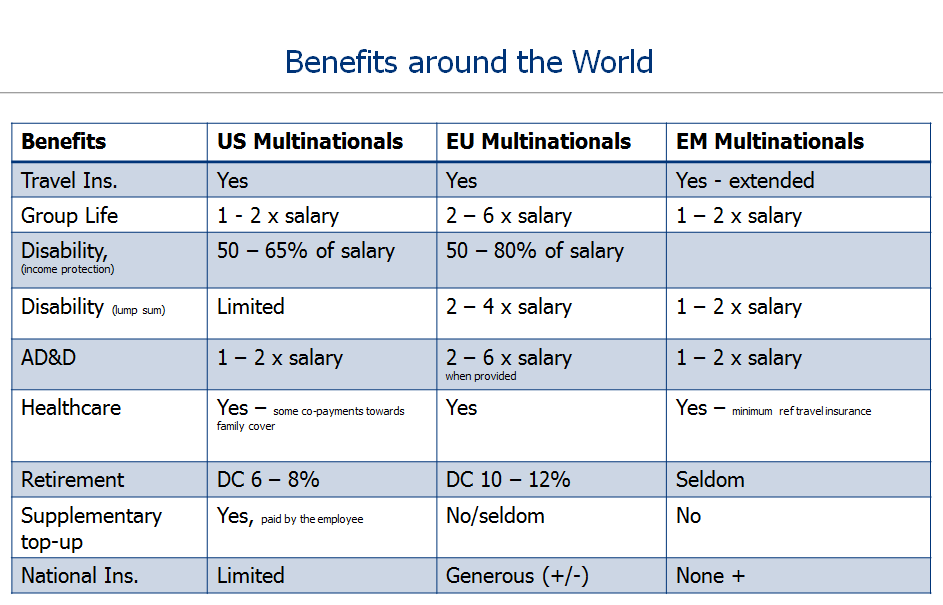Ensuring expatriate assignment success
This annual forum took a variety of global trend and innovation topics to HR and Risk audiences in Manila, Washington DC and London. Topics included: the how, what and why of HR and Risk collaboration; global health and security trends; the challenges posed by global Merger & Acquisition (M&Q) activity; plus the effect of cognitive technologies and changing demographics on the workplace. As one of the sponsors, GEB delivered speeches in both London and Washington.
Bjørn Røine, Business Development Manager at GEB’s International Lines Department, led a presentation and Q&A session focused on expatriate assignments. He explored considerations for HR and Risk professionals, placing particular emphasis on the importance of getting the cultural, social and emotional right in order to ensure a successful assignment.
Bjørn commented: “Sending an employee abroad will normally cost two to three times that of an equivalent position at home. When you take into account cost of living adjustment, relocation costs and settling in a family with international schools and daily allowance for the spouse / partner, it will amount to anywhere between $300,000 and $1m each year. So it is important to send the right people as failure will be very expensive for the employer.
“In line with this, the type of support and benefits provided could make the difference between success and failure. In addition to ensuring that benefits packages are comparable to those provided by other employers in a region, it can also pay dividend to tailor benefits to individual needs.
“It is possible to set up different benefit designs within the same plan, which makes it possible to keep different groups of staff in one single contract. I’ve been involved in setting up a plan for 93 expats: 47 needed a life insurance, 63 needed income protection, 58 were married or had a partner that needed both life insurance and income protection insurance.
“This involved a bit more administration on the employer’s side, but it was a cheaper and more beneficial solution as all employees were highly paid employees of a pharmaceutical company.
“One size fits all solutions work for some, but for others they’re likely to be very expensive and may not be very competitive.”
